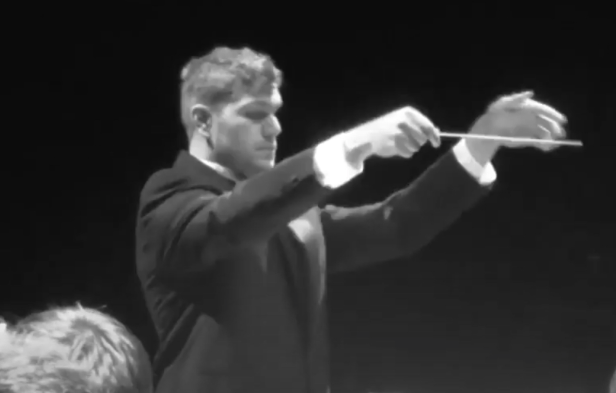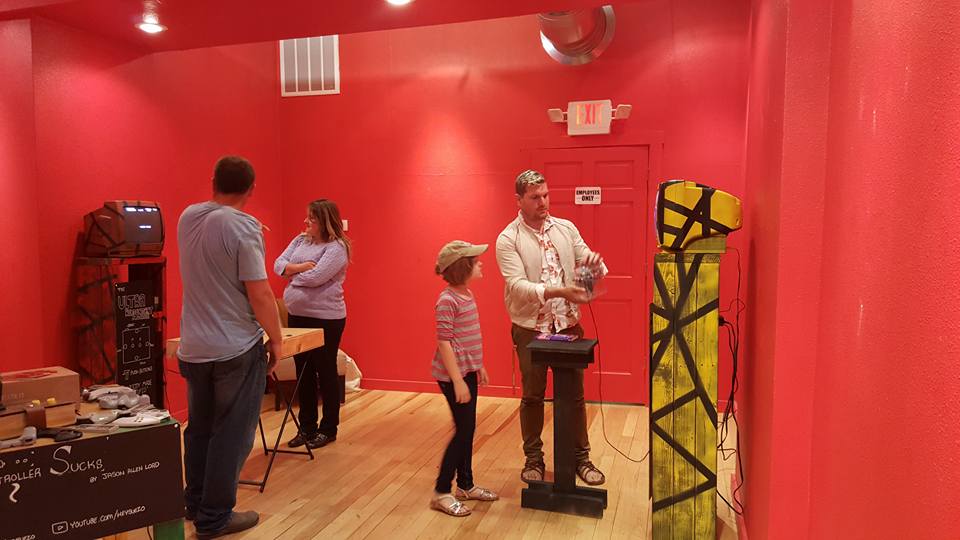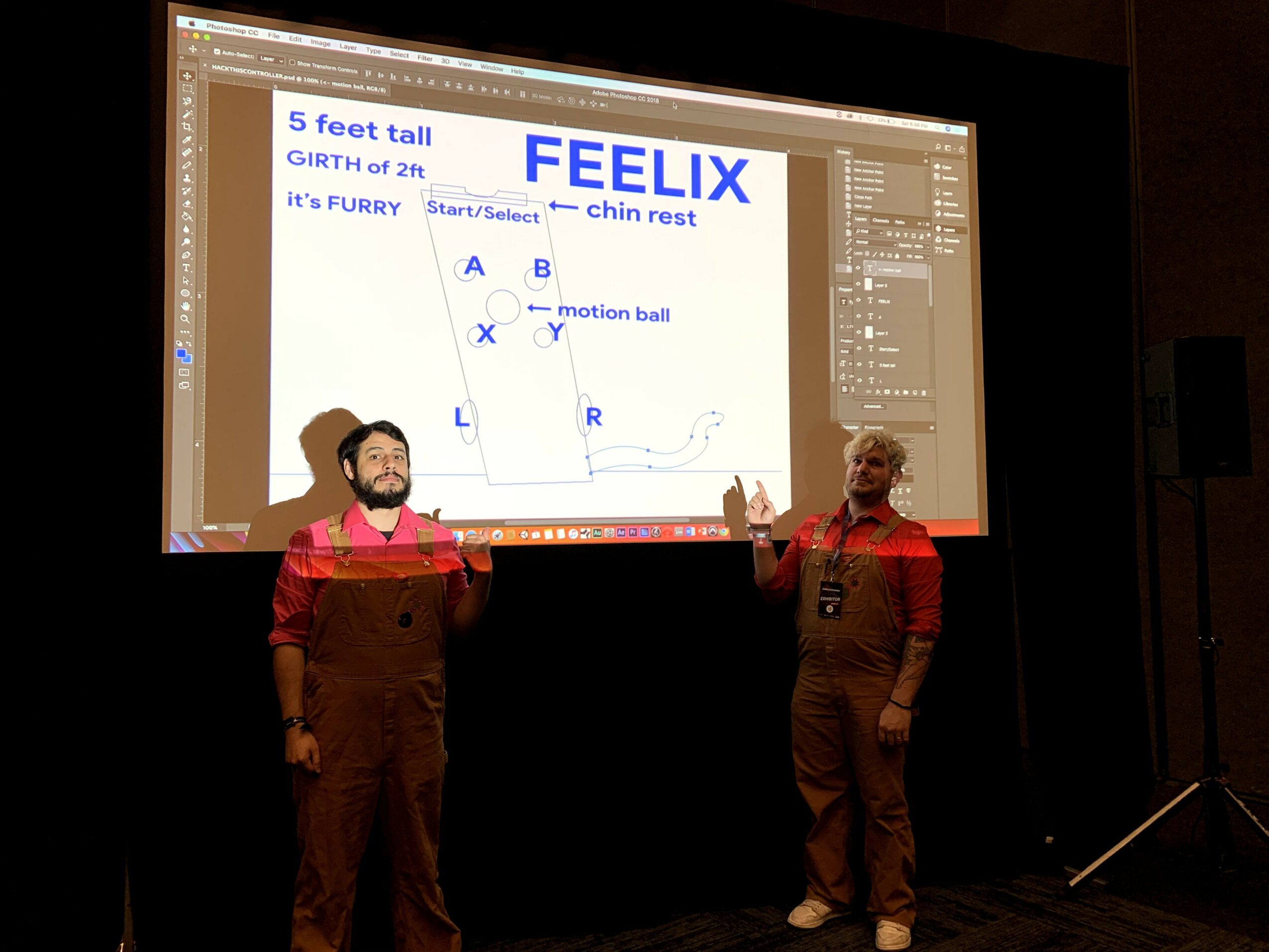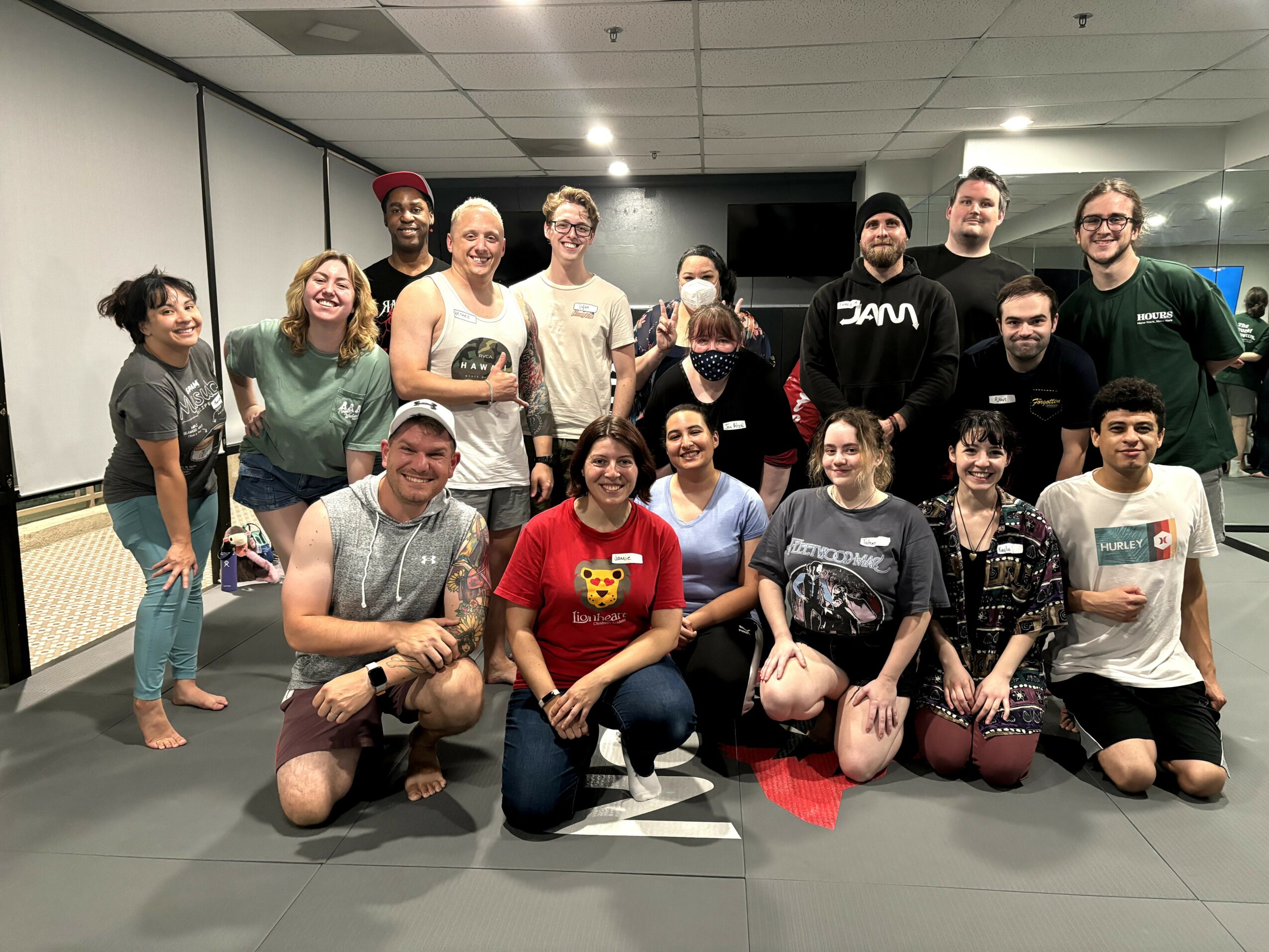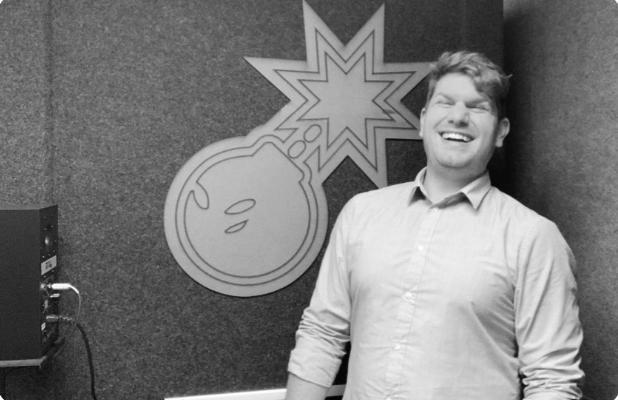

Today we’d like to introduce you to Jason Lord.
Hi Jason, we’d love for you to start by introducing yourself.
My wife and I are both creative professionals who moved from Springfield MO in the summer of 2017. I had just finished my Master Degree in Wind Conducting at Missouri State University and was planning on doing more design oriented work in TX where most of my colleagues were based. Alongside music education, I was also in the process of building a professional voice acting career and the destination for that work at the time was FUNimation in Flower Mound. FUNimation was in the throws of mainstream ubiquity after number of high profile shows and a subsequent streaming platform release, so I felt the time was right to try and navigate that field.
During this time I did classes, met, and bonded with like minded actors in the Dallas Fort-Worth scene, with five of us eventually coming together to form our own independent studio called “Extra Terrible.” The name was a ploy for intrigue, and the gag was something along the lines of “The work will be so good that no one will care about the name.” And to our credit this worked very well. We were able to emerge into the scene by offering competitive, affordable vocal demos for actors looking to spruce up their performance portfolio. We also invited guests, developed independent projects, and worked on animation pitches. We leaned into the desire of wanting to make our own media while pursuing our own professional careers.
One of my favorite memories from this time at the studio was an interactive project called “This Controller Sucks” where my team and I would design intuitively “bad” video game controllers to be played in realtime. We would tour local conventions and other events including Classic Game Fest in Austin TX. This project brought together the best of our team with an experience that was almost too fun to describe. Watching people find joy in the hard behind the scenes work is something I will always hold onto.
Like most businesses during and post Pandemic, we were hit pretty hard. A lot of our business centered on in studio experience, and lockdown was a challenge with trying to keep the momentum for our projects. Around this time, I felt it was wise to take a break and rework the studio in private, I think I also felt that it was okay to discard the name “Extra Terrible” in favor of a new chapter where even though we try not to take things to seriously, we still could be seen as a major player in the creative world.
Around this time I was hired by Crunchyroll (Previously FUNimation) as an ADR director. This gave me a great chance to focus my energy on leadership and production. It was this same year that Extra Terrible became “Studio Topaz” and the new direction was set. A Dallas home grown, boutique studio service for all audio visual needs. The focus become strengthening our remote options by using technology and practices that allowed for interacting with talent and clients both in and outside of the DFW area. While we serviced many Dallas residents with their A/V project needs, we we’re able to work internationally on a number of exciting projects including two popular video game franchises Dragonheir: The Silent Gods, and Black Beacon.
Since then we have been slowly working our way into a professional player in the online space by offering exceptional quality project management, demo reel services, educational opportunities, and interactive design. We’ve come a long way from the goofy group of guys who started in Addison on a whim, but I’m looking forward to what the future holds for us and the people we work with.
Would you say it’s been a smooth road, and if not what are some of the biggest challenges you’ve faced along the way?
There have been bumps. The pandemic is what mostly inspired the change into the studio that we are now. Also, our field could be considered particularly niche with a fair amount of competition vying for client retention. There is also not a lot of consensus on how modern studios should be run, so a lot of the time operations like ours are mostly spearheaded by a single individual who ultimately becomes the face of the business. I actually prefer laying back and trying to promote the studio as it’s own identity without trying to be too outwardly attached to it.
The other main issue is funding. There is constant work to be done behind the scenes to ensure that money is flowing to the right places and people. This is sometimes difficult when working with foreign clients especially as a small business. My hope is that we can reach a level of financial maturity where we can take bold risks that are powered by the quality of our work and not by how much money can be thrown around.
Thanks – so what else should our readers know about your work and what you’re currently focused on?
My career has mostly been production oriented. I’m a creator at heart and like to essentially lock myself away and learn new things in my free time. My specialty has always been music; I’m a published composer and occasionally write music for high school marching bands and orchestras. I’ve also done sound design for video games and video productions.
My favorite piece was for Tapspace. A percussion quartet called “Rotating Brains” which was made possible thanks to the Missouri State University percussion department. It reflected the kind of weird sound design and writer that I’ve always enjoyed and I was even one of the performers on the official recording for the website.
Patience and hard work have always set me a part for others in my life. My father really drilled this idea of leading by example and doing the work no one else will. He helped me find the joy in learning and achieving for myself. And while I love sharing what I’m capable of, most people don’t know the totality of what I’ve done or can do.
In terms of your work and the industry, what are some of the changes you are expecting to see over the next five to ten years?
Most of what we do is digital now. It would be smart to adopt the technology and services available as they become more advanced. I believe AI will most likely play some kind of role, but I personally don’t feel it has a place in creative production. We do our best work when we collaborate and interact with one another and explore what we can create with our own two hands. I think the best kinds of stories and products are made this way.
For audio design specifically, I think the fear is that studios will pivot most of their production to automation without really thinking about how it may destroy the individuality of the people attached to it. This includes the teams working to create a unique experience, and the clients looking to have something authentic to show for that work.
Pricing:
- Vocal Demos – $500 for complete production (Script, Directed Session, Post Production)
- $12-35 per hour for creative consulting & design
- $12-35 per hour for AV editing
- Flexible project estimates based on consultation
Contact Info:
- Website: https://www.studiotopaz.com
- Instagram: studio__topaz
- Facebook: https://www.facebook.com/profile.php?id=61552967519865
- LinkedIn: https://www.linkedin.com/company/studiotopazrt
- Twitter: @studio__topaz
